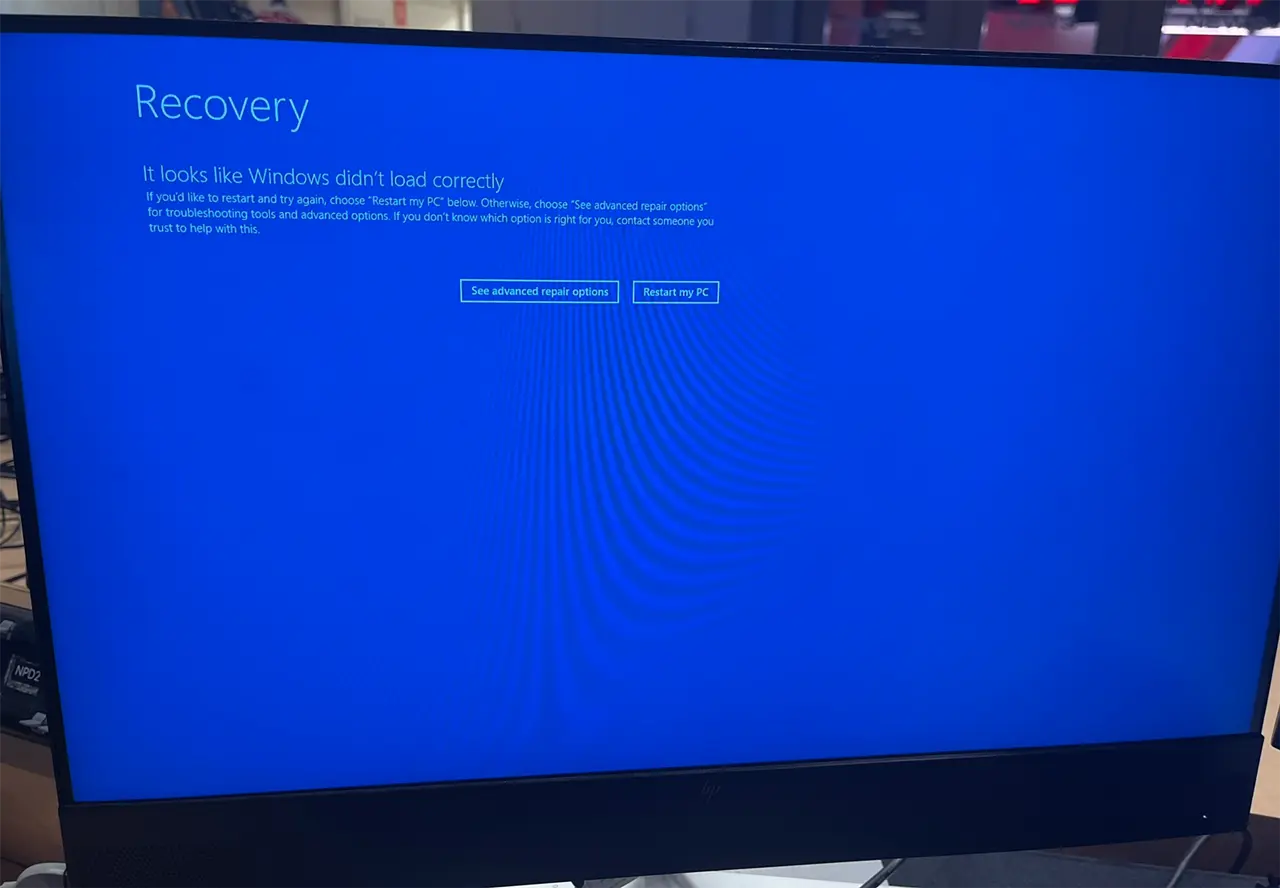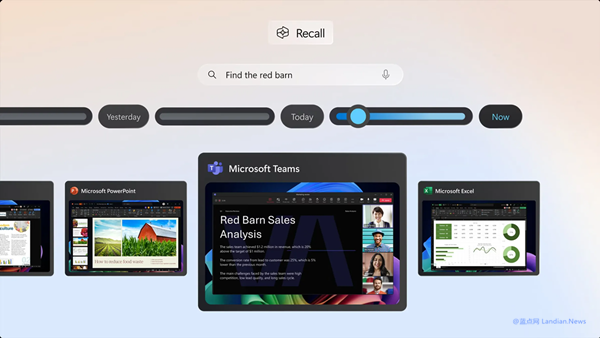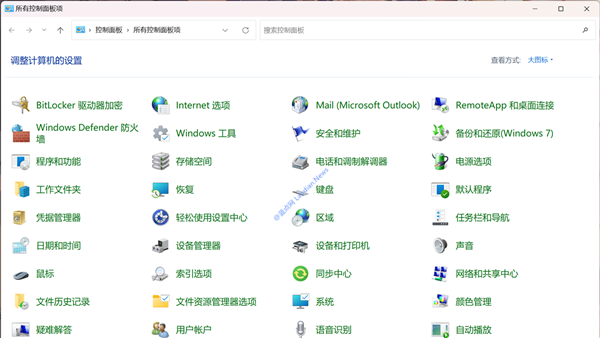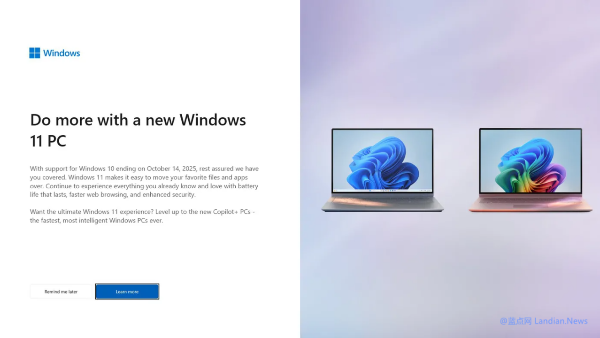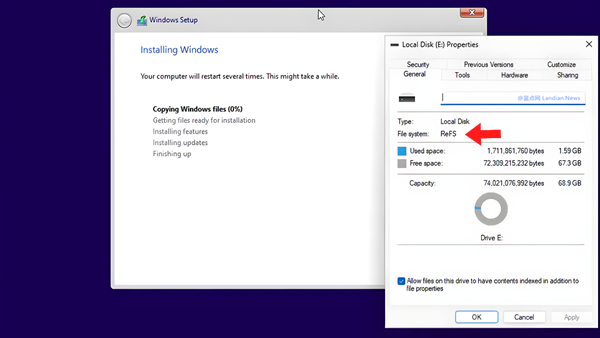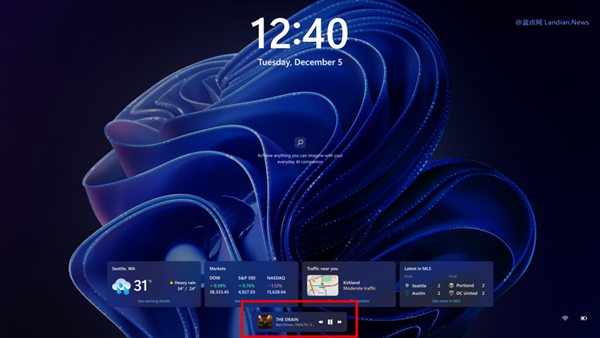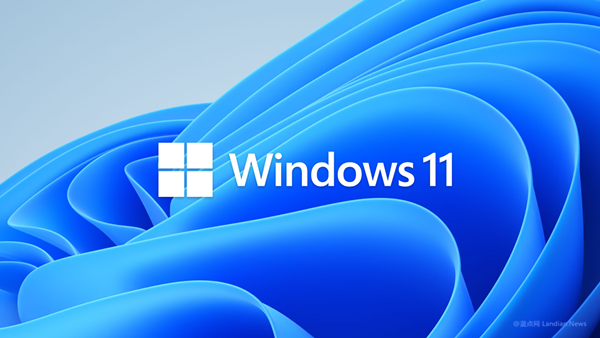Microsoft to Launch Quick Machine Recovery Feature for Windows 11 to Address Global Blue Screen Incidents
In July 2024, a security update released by the American cybersecurity firm CrowdStrike, without rigorous testing, led to over 8.5 million devices worldwide experiencing blue screen crashes. The affected devices included those in airlines, hospitals, educational institutions, and supermarket cash registers, among others.
Although this incident was not a result of a cyberattack, it caused extremely severe losses for customers, particularly for Delta Air Lines in the United States, which had to cancel numerous flights and issue refunds and compensations to passengers due to multiple core systems crashing.
In light of this situation, Microsoft aims to add a new feature called Quick Machine Recovery to Windows 11. This feature is designed to help IT administrators deploy critical fixes or Windows updates on systems that are unable to boot normally due to blue screen crashes, looped starts, or other severe errors.
During the CrowdStrike incident, although Microsoft provided a temporary fix, the process was cumbersome, especially for enterprises with a large number of devices, where IT administrators had to recover each machine individually, resulting in low efficiency.
A key aspect of the Quick Machine Recovery feature is its support for remote deployment, allowing IT administrators to push updates universally through internal management systems without physically touching the devices, even if they are in a looped start or unable to start, facilitating quick repairs.
With this new feature, even if enterprises encounter "unhelpful allies" like CrowdStrike again, they can resolve the issues more easily—at least, much more so than with the solutions available during the July incident.
Microsoft has announced that starting from early 2025, this new feature will be tested in the Windows Insider Preview Program, allowing IT administrators to familiarize themselves with its operation in advance. This preparation will enable them to quickly address such critical issues should they arise in the future.
